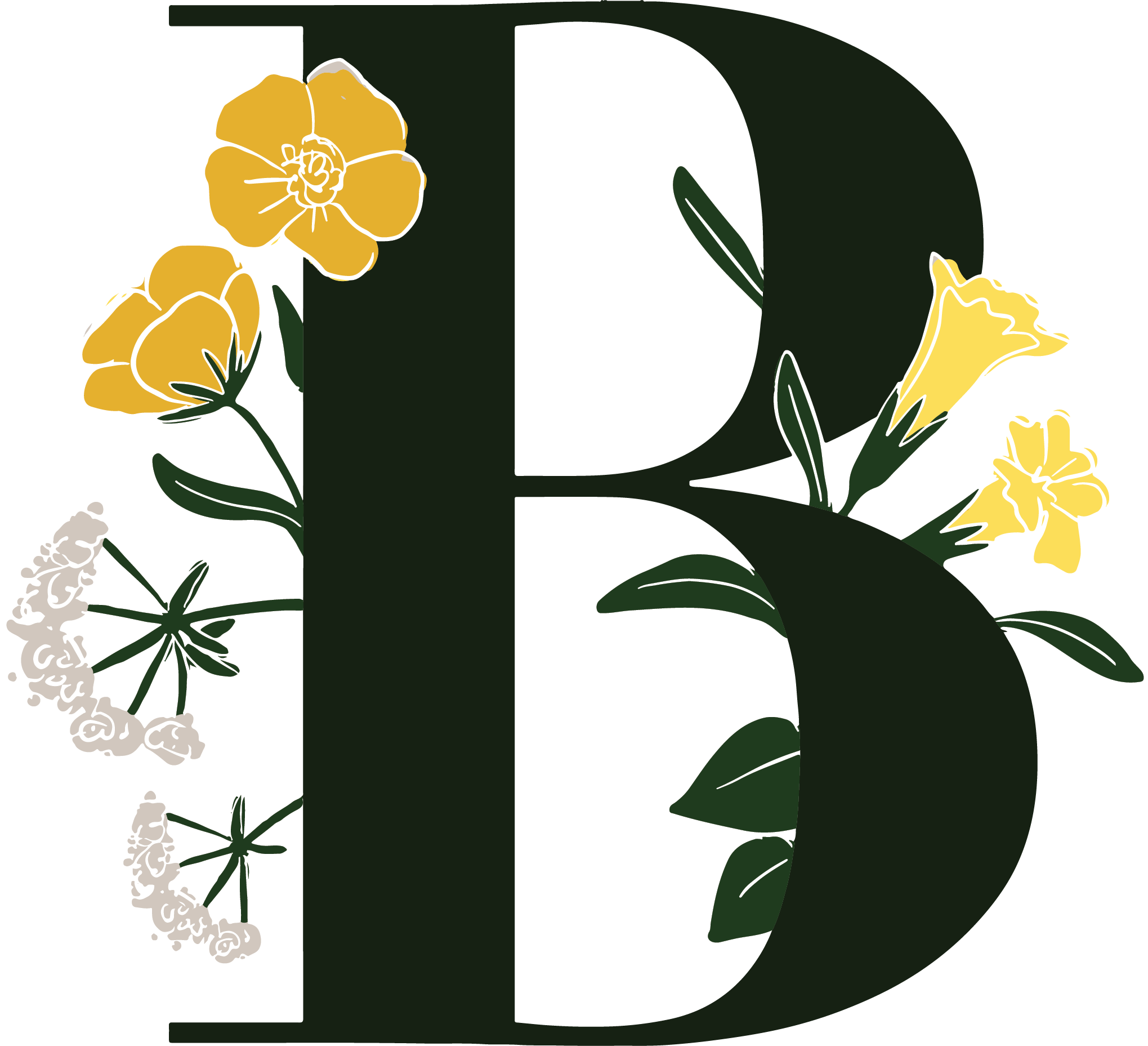+
The roads, despite my lack of faith in them, continue to open up tile by tile as I approach. Square metre by square metre forces me to, however residually, believe in it. This one is alright, and this one is alright, this one, and this one. But nothing wider. There is no country for me here, no region, only tiles illuminating before my eyes and dimming to either side of me. First-world survival. A necessary shrinking that allows me to keep chiselling away at the unfamiliar postcode. Imagine a long straight road, no variation in the altitude, up-pumped tires, nameless anywhere high-rise in the distance. Now imagine taking a wrong turn.
+
The furniture out on the street is a gift. I keep bringing it in and piling it up in the basement. The rounded purple bin, the pine shelving unit, the electric blue bar stool. I don’t want to commit to living here, am reluctant to buy anything, but I do want to win. Collecting, either friends or furniture, is a way of home-making. Buying, on the other hand, is a choice, a form of settling the land. I’m a drifter, bogged down by circumstance. The house builds itself around me, quite by chance, and I find myself under the weight of these children that have appeared. My face changes in a way I did not plan.
+
I thought coming to the mainland would free me up, all that ‘being in Europe’. But it means nothing if I lose my footing. And if I lose it on one day, two days, one week, one year, well then it’s lost. That feeling of everything stopping when you aren’t there. Exile is like leaving the room, just leaving it to go upstairs. Like friends preparing for a night out, you expect them just to wait for you by the door. Exile is time travel. You return from the toilet to find some with children, some not, some older, some not. Like the kitten in Poland who two years later had fallen asleep in the car engine and when I returned had gone blind. One breath and it’s over. Yesterday six plates fell out of the cupboard onto my arms and face. A cascade. Ceramic hitting wrist. There was nothing my arms could do to stop it, all those useless gaps between my fingers, like trying to hide from the rain.
+
Grief is a matter of space. Distance is death.
+
And so to the effort. The building up and knocking down. The stretch, the feel, the beg, the crumple. We do what we need. I flit around my children like a fly trying to find its way outside. That buzzing. That body hitting glass. Face, face, face, face.
+
There’s a house I used to live in, where all my things are, which I visit when I can, the paint peels off the walls there, small cracks appear in the roof, there are chewing-gum stains from the removal of old blu-tac, a deposit-back form of departure. Ignored walls darken and bleach in equal measure, paint and blu-tac stain diverge in colour, separating, as if the absent tenant is trying to distinguish herself from the one who remains. Ex-habitants go on living, are almost vibrant with so much living, zipping around the planet, making noise and lashing out. The current habitant also goes on living, though calmer, making a little less noise, moving his arms in slow and thoughtful gestures. But the house has been unplugged, cast in stone, like a disregarded baby who cannot do anything for itself except grow. There is a paper face-mask of a cat I brought back from Japan, its elastic band looped around the hook that holds up a gold-plate mirror that came from my mother. There is an advert on the back of that mask, we’re talking Happy Meal levels of expected retention. Five years of dust. Time does not stop. Even the untouched will dissolve.
